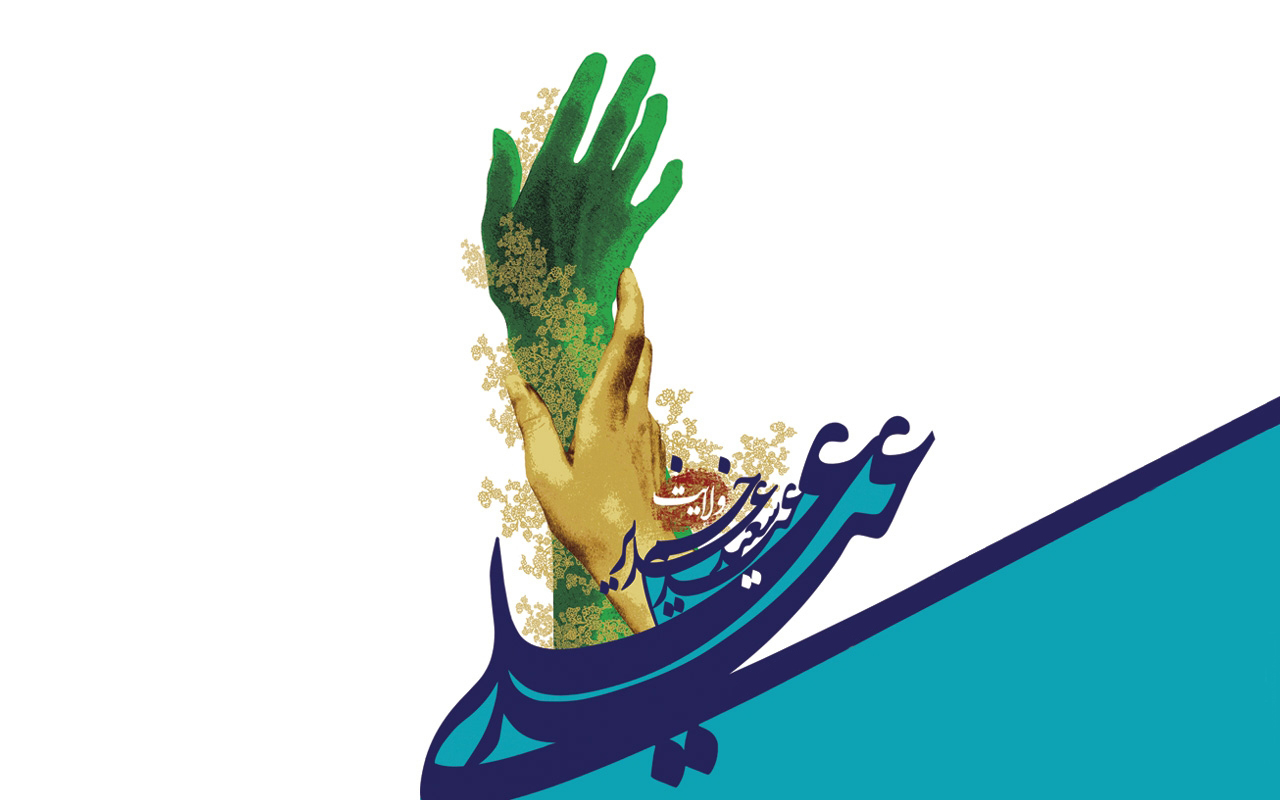Hawzah News Agency – The Hadith of Ghadir is accounted mutawatir (most authenticated) being related by companions, the followers of the companions, and countless narrators of Hadith down through the ages. A total of 110 companions, 89 of those in the succeeding generation, and 3500 scholars of Hadith have transmitted this hadith, so there can be no question of disputing its authenticity. Also, a group of scholars have written books on this hadith, amongst which the
one which brings together most comprehensively all the chains of transmission for the Hadith is Sharif al-Ghadir, by Allama Abd al-usayn Amini (1320–1390/1902 1970).
At this point, we must address the question of what exactly is meant by the term mawla, in respect both of the Prophet and of ‘Ali. There is considerable evidence to show that the meaning of this term is authority and leadership. We allude to some of this evidence below:
1. Upon the occasion of Ghadir, the Prophet halted the caravan of pilgrims at a place that had neither water nor pasture, in the middle of an extremely hot day. The heat was so intense that those present wrapped one part of their cloak over their heads and the other part beneath them, to protect themselves against the heat. In such circumstances, the halt must have signified that the Prophet meant to speak about a matter of the utmost importance for the guidance of the umma; a key address that was to affect the destiny of the community—and indeed, what could be more crucial to the destiny of the umma than the issue of determining the successor to the Prophet, an issue which, properly resolved, would be a source of unity for the Muslims and of the safeguarding of the community?
2. Before expressing ‘Ali’s status of wilaya, that is, his being made mawla, the Prophet spoke of the three principles of Tawhid, Prophecy and the Afterlife, eliciting from the Muslims acknowledgement that he had indeed conveyed the divine message. By associating his message with the elicited confession by the
Muslims of these three principles, he indicated the importance of the message he was about to deliver, the momentous nature of the issue he was to raise; it could not be about something so trivial as a recommendation to be the ‘friend’ of some person.
3. At the beginning of the discourse, the Prophet spoke of his impending death, thus indicating his concern over the state his umma would find itself in after his passing away. What could be more appropriate than providing for his followers a means of charting their course, according to his design, through the dangerous, stormy seas that lay before them?
4. Before conveying the divine message concerning ‘Ali, he spoke of his own quality of being a mawla, his mawlawiyya, and his own precedence (awlawiyya), saying: ‘God is my Mawla and I am the mawlå of the believers, and I am closer to them than
they are to their own selves.’ This shows that ‘Ali’s status as mawla derives from the same root as the mawlawiyya and awlawiyya of the Prophet; it is by divine decree, then, that ‘Ali’s awlawiyya was confirmed.
5. After conveying the message, the Prophet instructed those present to report it to those who were absent.
Reference:
Ayatollah Jafar Sobhani, Doctrines of Shii Islam, A Compendium of Imami Beliefs and Practices, Translated and Edited by Reza Shah-Kazemi, published by I.B.Tauris Publishers, london • new york 2003.
End.


Your Comment